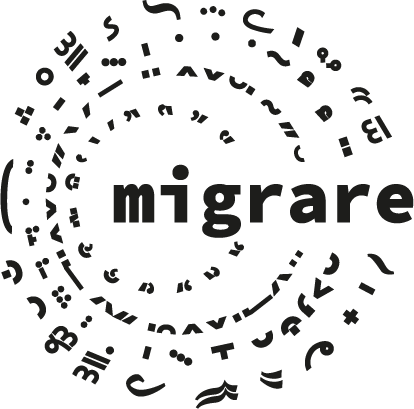AVVISO DI SEMINARIO
Quantum Effects in the Glass Transition and Anomalous Dynamics of Water
Martedi 26 Maggio 2015
Dipartimento di Fisica e Chimica, Ed. 18
Aula AP1 - ore 15:30
Prof. Alexei P. Sokolov, University of Tennessee Knoxville and Oak Ridge National Laboratory
The glass transition phenomenon remains one of the most challenging topic in condensed matter physics. These studies usually neglect any quantum effects in structural relaxation of glass forming systems. However, low Tg liquids of light molecules might have significant contribution of quantum effects. We show [1] that quantum effects should lead to a significant decrease of the glass transition temperature Tg with respect to the melting temperature Tm, so that the ratio Tg/Tm can be much lower than the typical value of 2/3. Furthermore, the viscosity or structural relaxation time should exhibit highly unusual temperature dependence, namely a decrease of the apparent activation energy upon approaching Tg, instead of traditional increase (i.e. sub-Arrhenius dependence instead of usual super-Arrhenius). Combining neutron scattering and dielectric relaxation spectroscopy we show [2,3] that quantum fluctuations are indeed not negligible in deeply supercooled water, the lightest molecule that exists in a liquid state at ambient conditions. Our dielectric measurements revealed an anomalously weak temperature dependence of structural relaxation in water at T close to its Tg ~136K [2,3]. Moreover, we discovered unusually large isotope effect in Tg of water [2]: The difference in Tg between H2O and D2O is ~10K, while it is usually less than 1K for other hydrogen bonding liquids. We demonstrate that this anomalous behavior can be explained well by quantum effects in structural relaxation. We specualte that the low value of Tg/Tm~0.5 in water, and its apprent fragile-to-strong crossover can be explained by quantum effects [3]. Thus many low-temperature anomalies in dynamics of water can be related to quantum effects in its structural relaxation. At the end, we discuss criteria that defines the importance of quantum effects in the glass transition.
- Novikov, V. N. & Sokolov, A. P., Phys. Rev. Lett. 110, 065701, (2013).
- C. Gainaru, et al., PNAS 111, N49, 17402 (2014).
- A. L. Agapov, et al., Phys. Rev. E 91, 022312 (2015).





























